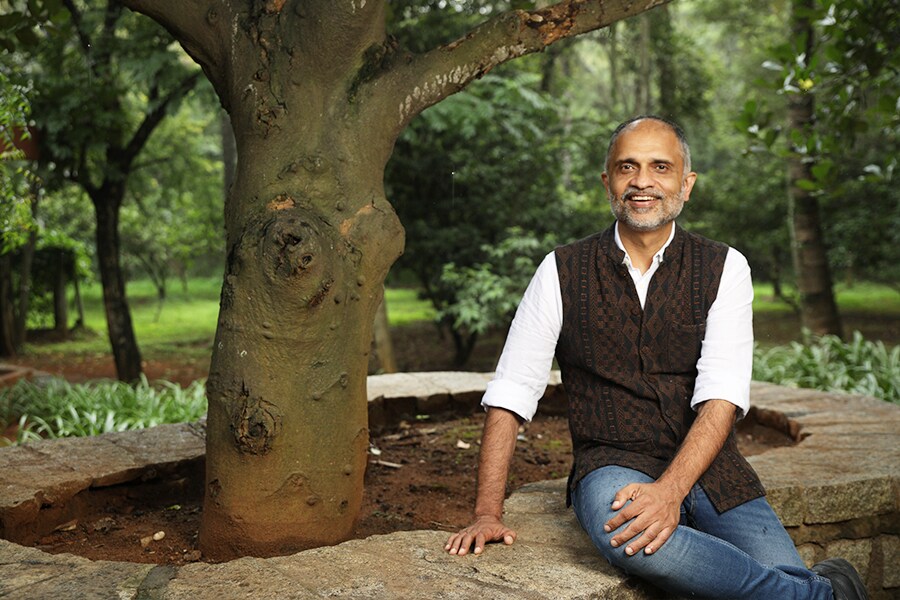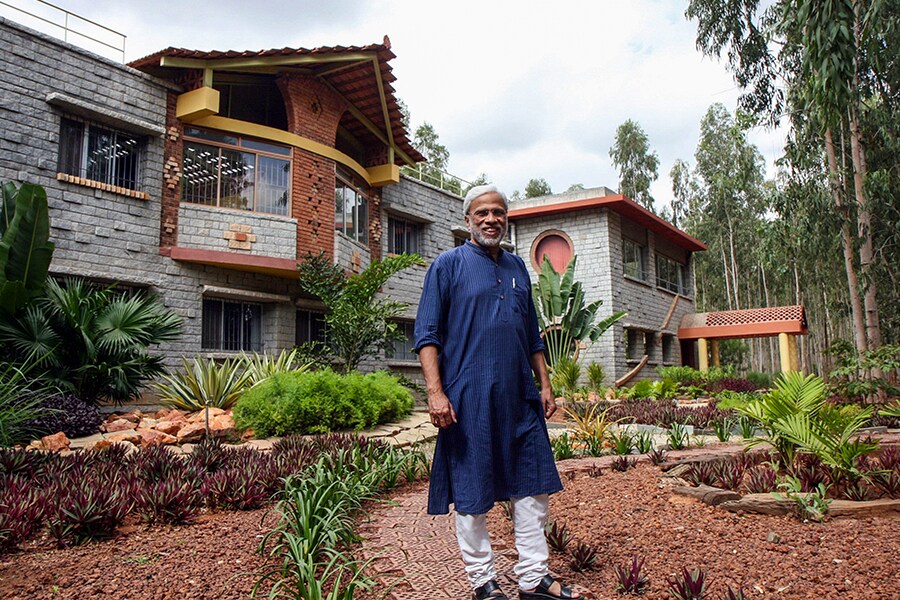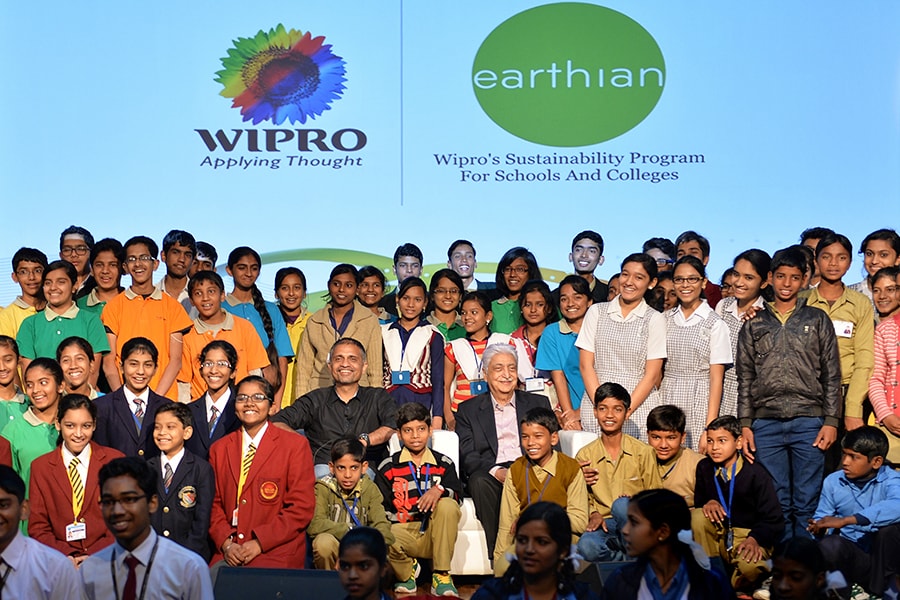
Anurag Behar leads one of the world's largest philanthropic initiatives. What has it taught him about education in India?
Do government schools deserve the bad rap they get? What do people from the remotest regions say about learning in India? A new book by the CEO of the Azim Premji Foundation reflects on his decades-long career and voices of people on the ground to find some answers
 Anurag Behar, CEO of Azim Premji Foundation at the Bangalore office on 24th July 2023.
Image: Selvaprakash Lakshmanan for Forbes India
Anurag Behar, CEO of Azim Premji Foundation at the Bangalore office on 24th July 2023.
Image: Selvaprakash Lakshmanan for Forbes India
Anurag Behar says his own contribution to the social sector is “absolutely nothing”, not too significant to talk about. It seems like he means it.
It’s definitely self-effacing, considering he’s the man who leads the Azim Premji Foundation, one of the largest philanthropic initiatives in the world that works with an endowment of approximately $29 billion (around Rs 2,40,000 crore), as of January 2023.
It was founded in 2001, and was to be funded solely by Wipro Chairman Azim Premji by way of transfer of his personal shares in the IT company. It has been working in the education sector under Behar’s leadership, and expanded into health care about 12 months ago. As part of Premji’s philanthropic endowment, along with other assets, the Foundation has 66 percent economic ownership of Wipro, says their website.
Working in the education sector for over 13 years now, Behar has a team of about 1,500 people spread across about 250 remote locations in 57 of the most disadvantaged districts in seven states of the country, including Chhattisgarh, Jharkhand, Rajasthan, Odisha and Karnataka. Between 10 and 60 team members are present in each of these districts, working directly with government school teachers, principals and staff on program management, capacity development, training etc. They work with about 3,50,000 schools across these districts. Behar himself has been involved in framing education-related policies, including the National Education Policy, 2020, and the National Curriculum Framework, 2022.
As part of his job as chief executive officer (CEO), Behar travels to some of the remotest corners of the country. He says he wants to have an ear to the ground because his father, a retired civil servant, always used to say, “mauke pe jaake dekhna chahiye”, meaning you should always go to the place and then understand. These travels helped him realise the “deep disconnect” between realities on the ground, and those in positions of power, those with wealth and social status.




 Dileep Ranjekar, Founder CEO, Azim Premji Foundation.
Dileep Ranjekar, Founder CEO, Azim Premji Foundation. 




